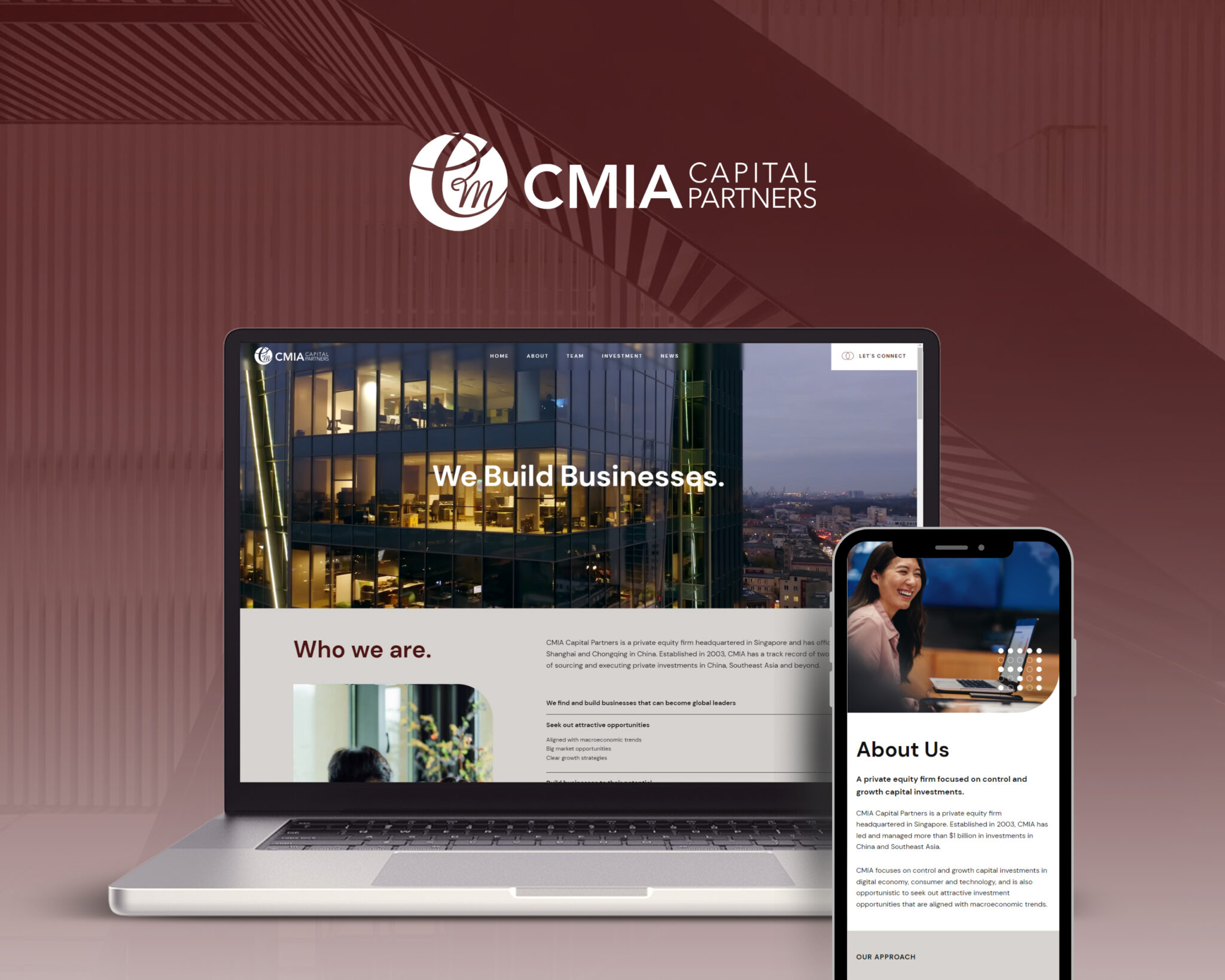In today's fast-paced digital world, where attention spans are shrinking and competition is fierce, website speed has become more important than ever. Research suggests that website speed can have a significant impact on user engagement and conversion rates. In fact, a one-second delay in page load time can result in a 7% reduction in conversions. To find the best website design service you can also check this site.

1. User Experience and Engagement
Website speed plays a crucial role in user experience and engagement. Studies have shown that slow-loading websites frustrate users and lead to higher bounce rates. According to Google, 53% of mobile users abandon a website if it takes more than three seconds to load. This means that if your website is slow, you're not only losing potential customers but also damaging your brand reputation.
2. Search Engine Ranking
Website speed is also a crucial factor in search engine ranking. In 2010, Google announced that site speed would be included as a ranking signal in its search algorithms. This means that faster websites are more likely to appear higher in search engine results pages (SERPs), leading to increased visibility and organic traffic.
3. Mobile Optimization
In recent years, mobile traffic has surpassed desktop traffic, making mobile optimization a top priority for businesses. Website speed is especially critical for mobile users, as they often have slower internet connections and limited data plans.
4. Conversion Rates
One of the most significant impacts of website speed is on conversion rates. Slow-loading websites not only frustrate users but also reduce their trust in your brand. According to a survey by Kissmetrics, 79% of online shoppers who experience website performance issues are less likely to buy from the same site again.
Conclusion
Website speed is no longer a nice-to-have but a must-have in today's digital landscape. Slow-loading websites not only frustrate users but also damage brand reputation and result in lower conversion rates. On the other hand, fast-loading websites provide a seamless browsing experience, improve user engagement, and increase conversion rates.
